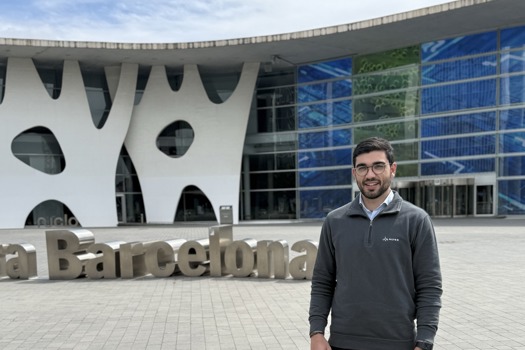The commercial and book printing group reported pre-tax profits before exceptional items of 2.2m down 26% on 2002's 3m in the year ending 31 December 2003.
Group turnover was down 4% at 39.9m. Sales dipped in commercial and financial printing which accounts for 69% of group turnover by 7.6% to 27.7m. While book cover, jacket and paperback printing increased its sales by 5.5% to 12.2m.
Chief executive Mike Taylor said the results were "exactly as we said they would be", adding that they reflected a market that remained tough due to overcapacity and "flat" demand.
"The difficulty is that what investment there is in the market and there isn't a lot is probably enough to equalise the capacity that's going out, so there's no reduction in excess capacity," Taylor said.
He added that he could see no immediate improvement in the market in 2004. "The industry continues to stagger from one weak position to another and until we see an increase in demand we won't see an improvement," he said. "There is work about but it's just not at very good prices."
The 900,000 exceptional gain in the accounts relates to the sale of the freehold offices in Tamworth previously occupied by former subsidiary The Box Room.
At the end of 2003 Fulmar also sold the freehold factory in Lewes, formerly home of WE Baxter, which was relocated to its Croydon HQ.
Fulmar chairman David O'Shaughnessy plans to retire in September, when he reaches 70 years of age.






